Erectile & Fertility Health Risk Calculator
Health Risk Assessment
This tool helps you understand how lifestyle and health factors may be impacting both your erectile function and fertility.
When men start noticing trouble in the bedroom, the worry often stops at performance. But what if that same issue is also affecting the ability to start a family? Understanding the link between impotence and infertility can spare you months of frustration and guide you toward the right treatment.
Key Takeaways
- Impotence and infertility share many underlying health factors such as blood‑flow problems, hormone imbalances, and lifestyle choices.
- Addressing one condition often improves the other, especially when the root cause is vascular or hormonal.
- Early diagnosis through semen analysis and hormone testing can reveal overlapping issues before they become permanent.
- Integrated treatment-combining medication, lifestyle changes, and counseling-offers the best odds for both sexual function and conception.
- Myths like "impotence only affects sex, not sperm" are false; the two are tightly connected.
What is Impotence?
Impotence is the medical term for erectile dysfunction (ED), a condition where a man cannot achieve or maintain an erection sufficient for satisfactory sexual intercourse. In Australia, about 1 in 5 men over 40 experience occasional impotence, while roughly 5% have a chronic form that requires treatment. Causes range from simple anxiety to serious health problems like atherosclerosis. Understanding the root cause is essential because the same mechanisms often affect sperm production and quality.
What is Infertility?
Infertility refers to the inability to achieve a pregnancy after 12 months of regular, unprotected intercourse. For couples where the male partner contributes to the problem, the term "male infertility" applies. Approximately 30% of infertility cases involve a male factor, most commonly low sperm count, poor motility, or abnormal morphology. Like impotence, infertility can signal deeper health concerns.
Physiological Overlap: How Impotence and Infertility Intersect
The link isn’t just psychological; it’s rooted in biology.
Testosterone is the primary male hormone governing libido, erectile function, and spermatogenesis. Low testosterone (hypogonadism) can cause weak erections and reduced sperm production simultaneously.
Vascular health is another common denominator. When arteries narrow due to Cardiovascular disease, blood flow to the penis diminishes, leading to impotence. The same reduced circulation can impair the temperature regulation needed for optimal sperm development in the testes.
Chronic conditions like Diabetes damage nerves (diabetic neuropathy) and blood vessels, hitting both erection quality and sperm health.
Even subtle changes in Blood flow affect the penile tissue’s ability to engorge and the testes’ environment for sperm maturation.
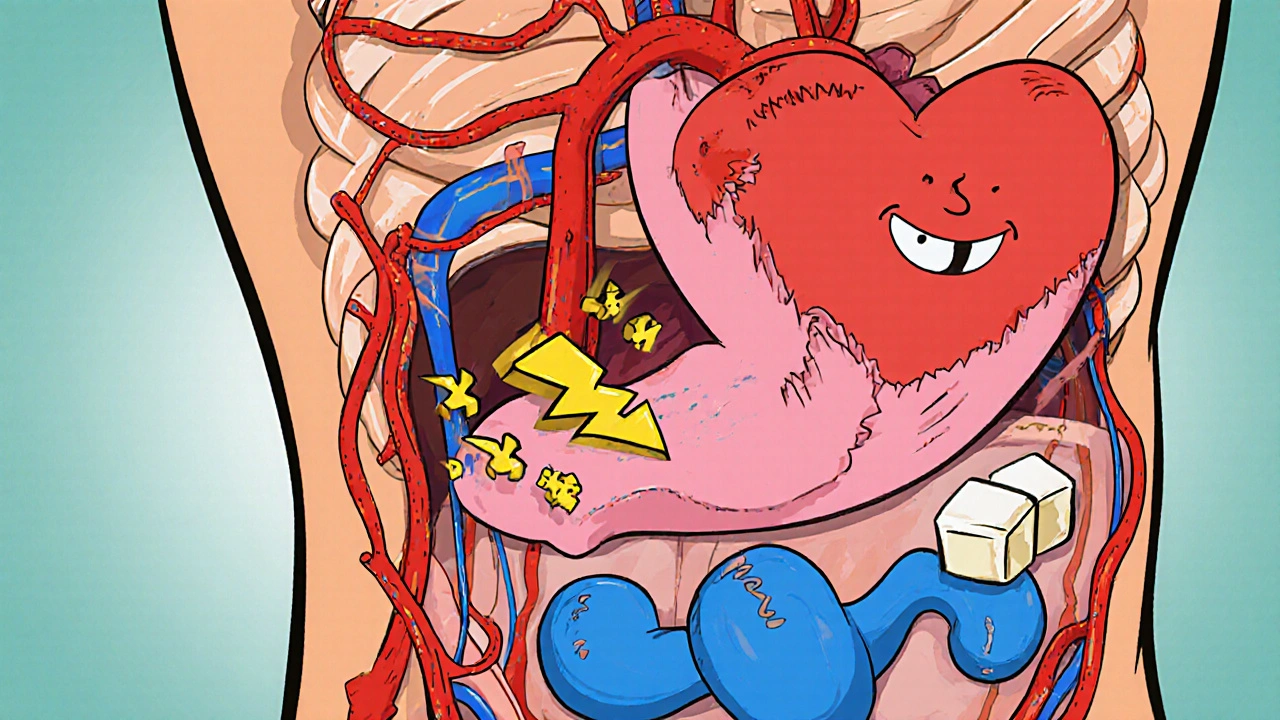
Common Risk Factors That Hit Both Areas
Many lifestyle choices slam the brakes on both performance and fertility.
- Lifestyle factors such as smoking, excessive alcohol, and a sedentary routine cause oxidative stress that harms blood vessels and sperm DNA.
- Obesity raises estrogen levels, suppresses testosterone, and contributes to erectile problems.
- Psychological stress spikes cortisol, which can lower libido, disrupt erection, and impair sperm production.
- Drug use-especially stimulants and certain antipsychotics-interferes with nerve signaling needed for erection and can alter hormone balance.
Diagnosing the Double Trouble
Doctors tackle the issue with a two‑pronged approach.
- Semen analysis: measures volume, count, motility, and morphology. Abnormal results often prompt further hormonal testing.
- Hormone panel: checks testosterone, luteinizing hormone (LH), and follicle‑stimulating hormone (FSH) to spot endocrine problems.
- Penile Doppler ultrasound: visualizes blood flow to confirm vascular causes of impotence.
- Physical exam & medical history: pinpoints lifestyle habits, chronic illnesses, and medication side‑effects that could be the common link.
Treatment Paths That Address Both Issues
When the same culprit drives both impotence and infertility, a single therapeutic direction often helps both.
Medication for Erectile Function
The most prescribed oral agents belong to the PDE5 inhibitor class. Sildenafil (Viagra) improves blood flow by relaxing smooth muscle in the penis, and emerging evidence shows it may also enhance testicular blood supply, modestly improving sperm parameters.
Hormone Replacement
For men with verified low testosterone, testosterone replacement therapy can restore erection quality and boost sperm production, though dosing must be carefully managed to avoid suppressing natural spermatogenesis.
Lifestyle Overhaul
Regular aerobic exercise, a Mediterranean‑style diet, quitting smoking, and limiting alcohol are proven to improve both erectile function and sperm health within months.
Assisted Reproductive Technology (ART)
If natural conception remains elusive, Assisted reproductive technology (ART) like intrauterine insemination (IUI) or in‑vitro fertilisation (IVF) can bypass the sperm‑delivery challenge caused by impotence while still using the couple’s own genetic material.
Psychological Support
Sex therapy or counselling tackles performance anxiety and stress, which often improve both erection and hormone balance.
Managing Both Conditions Together
Because the causes overlap, treatment plans should be coordinated.
- Medical coordination: urologists and fertility specialists work together to choose medications that don’t impair sperm count.
- Monitoring: repeat semen analyses after starting PDE5 inhibitors or testosterone therapy to gauge improvement.
- Holistic lifestyle plan: combine diet changes with stress‑reduction techniques like mindfulness or yoga.
Success stories often involve men who first treat their cardiovascular health, see a boost in erection quality, and then achieve a normal sperm profile.
Myths and Facts
| Myth | Fact |
|---|---|
| Impotence only affects sex, not sperm. | Vascular and hormonal issues that cause ED also impair sperm production. |
| Taking Viagra will fix fertility. | Viagra improves erection but does not guarantee normal sperm; additional evaluation is needed. |
| Low testosterone always means low sperm count. | Some men with low testosterone maintain adequate sperm; hormone panels are required for accurate diagnosis. |
| Only older men get these problems. | Young men with diabetes, obesity, or high stress can experience both conditions. |
| Supplements alone can cure everything. | Evidence‑based treatments combined with lifestyle changes are far more effective. |
Quick Checklist for Men Facing Both Issues
- Schedule a full health check‑up (blood pressure, cholesterol, blood sugar).
- Get a semen analysis and hormone panel.
- Discuss any medications with your doctor-some antihypertensives affect erection.
- Adopt a heart‑healthy diet and aim for 150 minutes of moderate exercise weekly.
- Consider counselling if anxiety or stress feels overwhelming.
Frequently Asked Questions
Can treating erectile dysfunction improve my sperm count?
Often, yes. Medications that boost blood flow, like PDE5 inhibitors, can enhance the testicular environment, leading to modest improvements in sperm quality. However, a full fertility work‑up is still needed to address other factors.
Is testosterone replacement therapy safe for a man trying to conceive?
It can be a double‑edged sword. While it raises libido and may improve erections, high doses can suppress the body’s own sperm production. Low‑dose or topical formulations are sometimes used under specialist supervision.
Do lifestyle changes really help both conditions?
Absolutely. Quitting smoking, losing excess weight, and exercising improve cardiovascular health, which directly benefits erections and the temperature regulation needed for healthy sperm.
Should I see a urologist or a fertility specialist first?
If you’re experiencing both erectile problems and difficulty conceiving, a coordinated approach works best. Start with a urologist who can assess the erectile issue and refer you to a fertility clinic for semen analysis.
Can stress alone cause both impotence and infertility?
Chronic stress raises cortisol, which can lower testosterone and hinder blood flow, leading to both erectile dysfunction and reduced sperm quality. Stress‑management techniques are a key part of treatment.

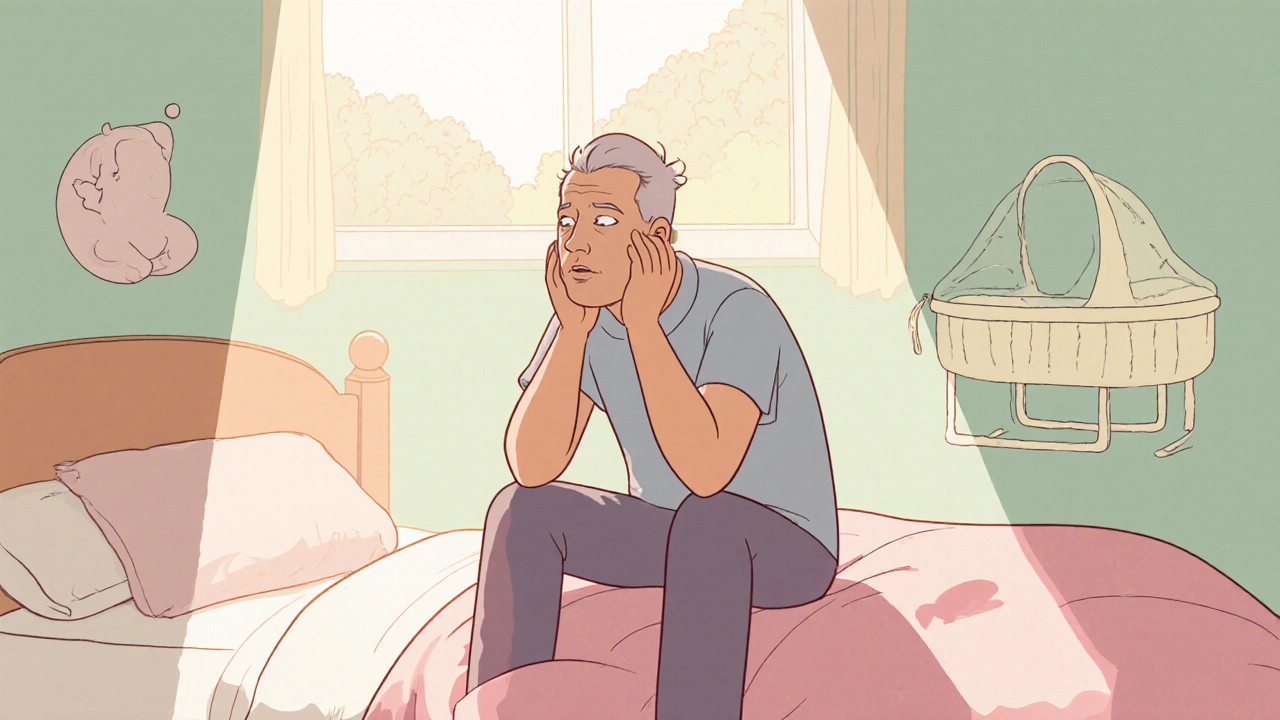

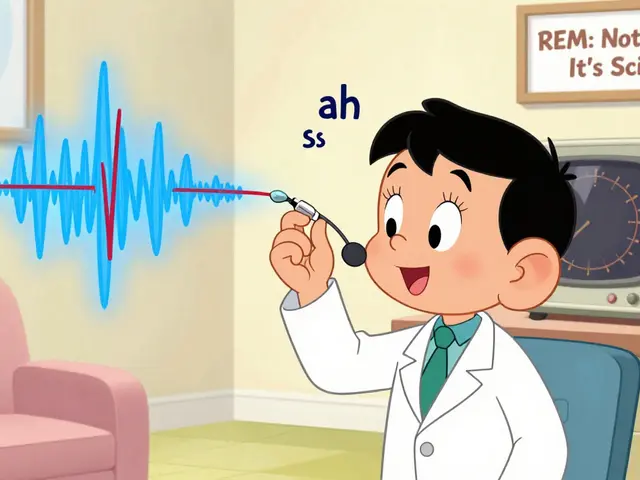
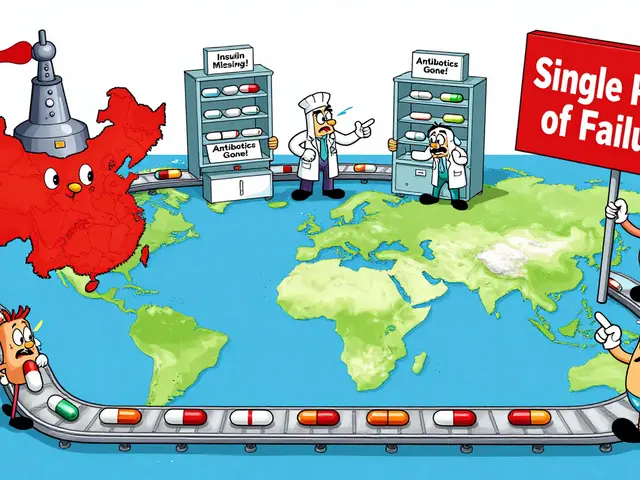

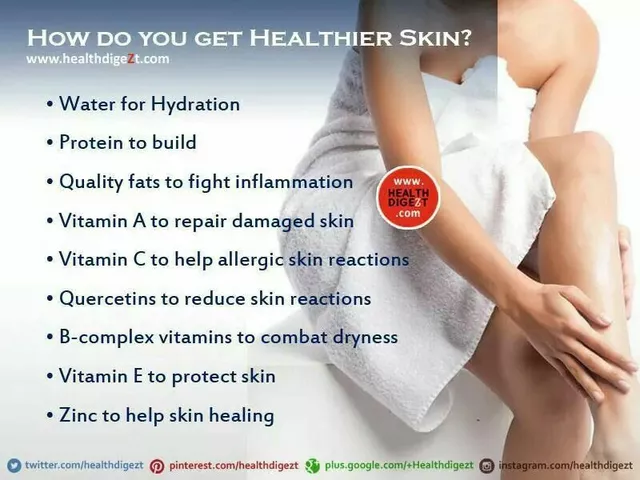
Stephanie Zaragoza
October 18, 2025 AT 15:27While many men assume that erectile dysfunction solely impacts sexual performance, the underlying endocrine disturbances-particularly hypogonadism-simultaneously diminish spermatogenesis; thus, clinicians should routinely assess serum testosterone alongside a standard semen analysis, ensuring that any hormonal insufficiency is promptly identified and corrected.
Brian Van Horne
October 29, 2025 AT 14:27Indeed, a coordinated work‑up between urology and endocrinology streamlines diagnosis, reducing redundant testing.
Norman Adams
November 9, 2025 AT 14:27Oh, bravo-who would have guessed that clogged arteries could affect both bedroom theatrics and sperm factories? Clearly, the medical community had been hiding this gem under a rock.
Karla Johnson
November 20, 2025 AT 14:27The interplay between vascular health and male reproductive function is a classic example of systemic physiology revealing itself in seemingly unrelated domains. When atherosclerotic plaques narrow the penile arteries, the resulting ischemia not only hampers erection but also compromises the delicate thermoregulatory environment needed for optimal spermatogenesis. Studies have shown that men with moderate to severe erectile dysfunction often present with lower sperm motility and higher rates of DNA fragmentation, underscoring a shared pathogenic pathway. Moreover, insulin resistance, a hallmark of type 2 diabetes, exacerbates endothelial dysfunction while simultaneously inducing hormonal imbalances that diminish both libido and spermatogenic efficiency. Lifestyle interventions-regular aerobic exercise, a Mediterranean‑style diet rich in omega‑3 fatty acids, and smoking cessation-have been documented to improve penile blood flow and, over a period of six to twelve months, to elevate total motile sperm counts in otherwise healthy individuals. Pharmacologic agents such as PDE5 inhibitors, while primarily prescribed for erection, appear to increase testicular perfusion, offering a modest yet clinically relevant boost in sperm parameters in select cohorts. Hormone replacement therapy, when carefully titrated, can restore testosterone to physiologic levels, yet clinicians must vigilantly monitor follicle‑stimulating hormone and luteinizing hormone to avoid suppressing endogenous spermatogenesis. Psychological stress, often a byproduct of performance anxiety, triggers chronic cortisol elevation, which in turn downregulates gonadotropin‑releasing hormone, creating a feedback loop that impairs both erection and sperm production. Cognitive‑behavioral therapy and mindfulness‑based stress reduction have emerged as effective adjuncts, not only alleviating performance concerns but also normalizing endocrine profiles in stressed patients. Importantly, the diagnostic algorithm should begin with a thorough medical history, followed by a combined semen analysis and hormonal panel, before proceeding to more invasive investigations such as penile Doppler ultrasonography. Collaborative care models, wherein urologists, endocrinologists, and fertility specialists share patient data, reduce the likelihood of therapeutic antagonism-such as prescribing high‑dose testosterone that could stall spermatogenesis. For couples confronting infertility compounded by erectile dysfunction, assisted reproductive technologies like IUI or IVF provide viable routes to parenthood, especially when natural conception remains elusive despite optimized medical management. Nonetheless, the ultimate goal remains the restoration of natural fertility, which is achievable in a substantial proportion of men who adopt comprehensive cardiovascular and metabolic health strategies. Patient education, therefore, should emphasize that treating erectile dysfunction in isolation may yield temporary sexual satisfaction but will likely fall short of addressing the broader reproductive implications. In summary, a holistic approach that integrates vascular health, metabolic control, hormonal balance, and psychological well‑being offers the most promising pathway to simultaneously resolve impotence and improve male fertility.
Linda A
December 1, 2025 AT 14:27Life’s cruel irony: the very thing that sparks intimacy can also block the miracle of creation.
Ayla Stewart
December 12, 2025 AT 14:27It’s worth noting that even moderate improvements in blood pressure and cholesterol can have a noticeable effect on both erection quality and sperm health; regular check‑ups are a good first step.
Poornima Ganesan
December 23, 2025 AT 14:27Frankly, many men overlook the simple fact that a sedentary lifestyle is the single biggest modifiable risk factor for both conditions; sitting for hours each day, consuming processed foods, and neglecting exercise creates oxidative stress that damages endothelial cells and sperm DNA alike. Cutting down on sugar and adding a daily brisk walk can reverse much of that damage within a few months.
Emma Williams
January 3, 2026 AT 14:27Thanks for laying this out clearly.
James Mali
January 14, 2026 AT 14:27Interesting read.